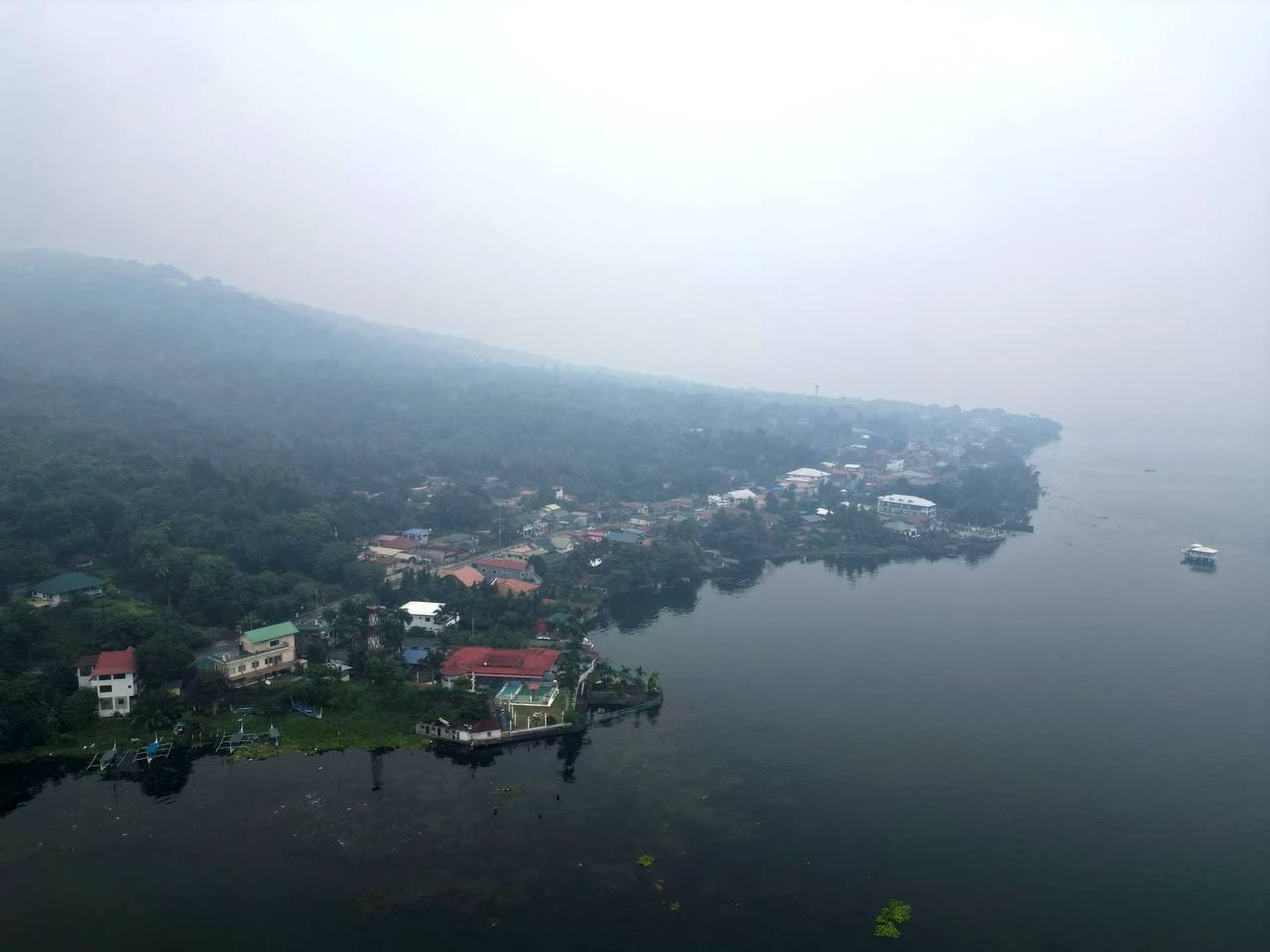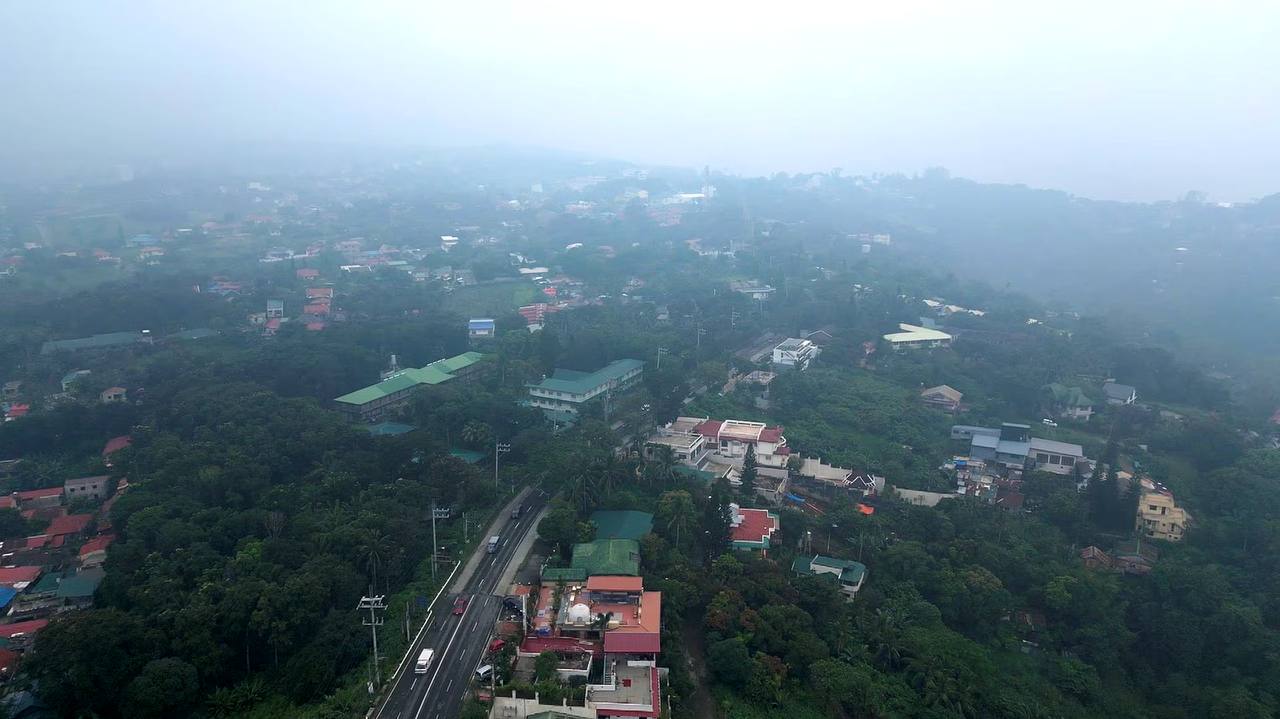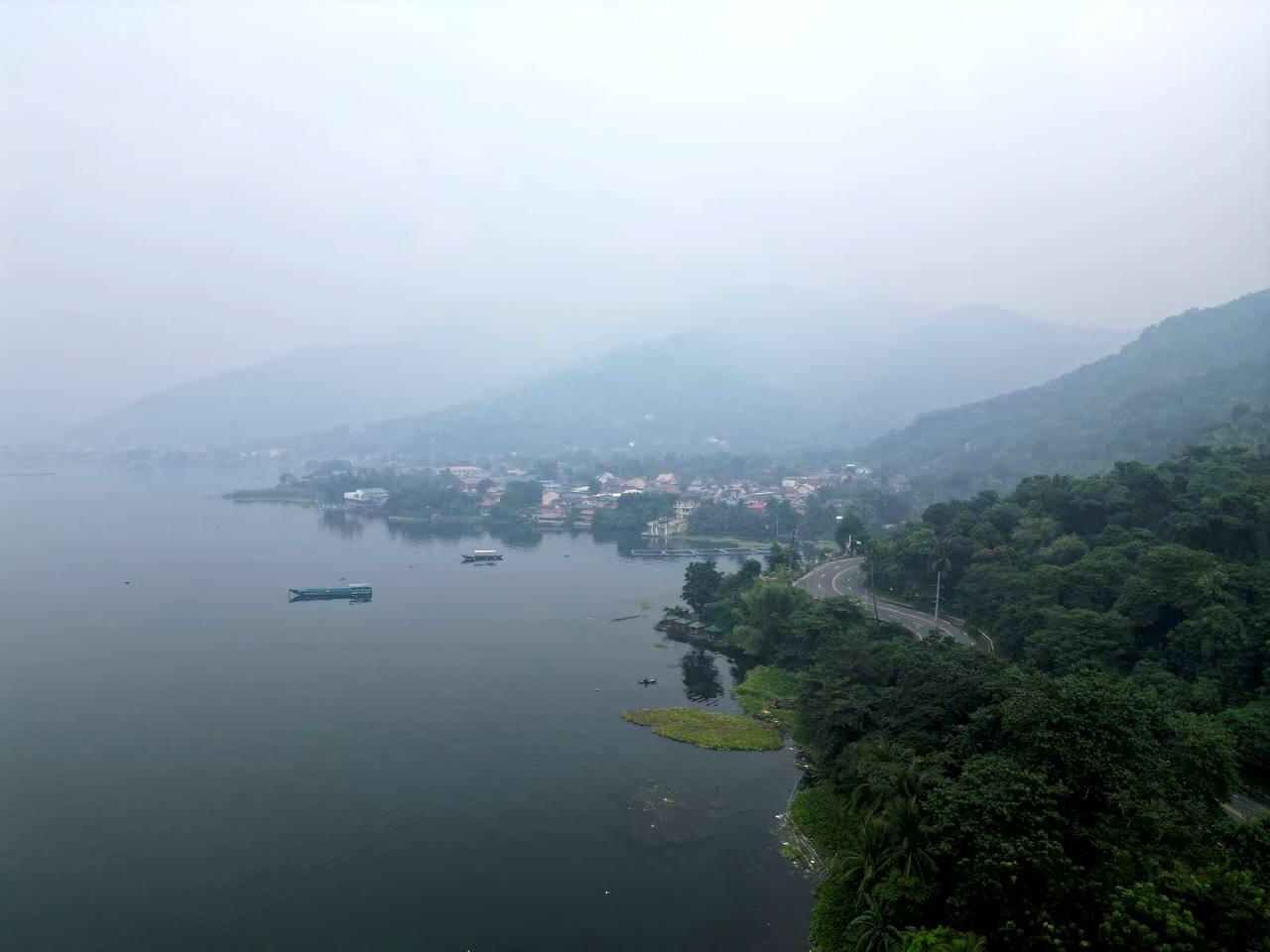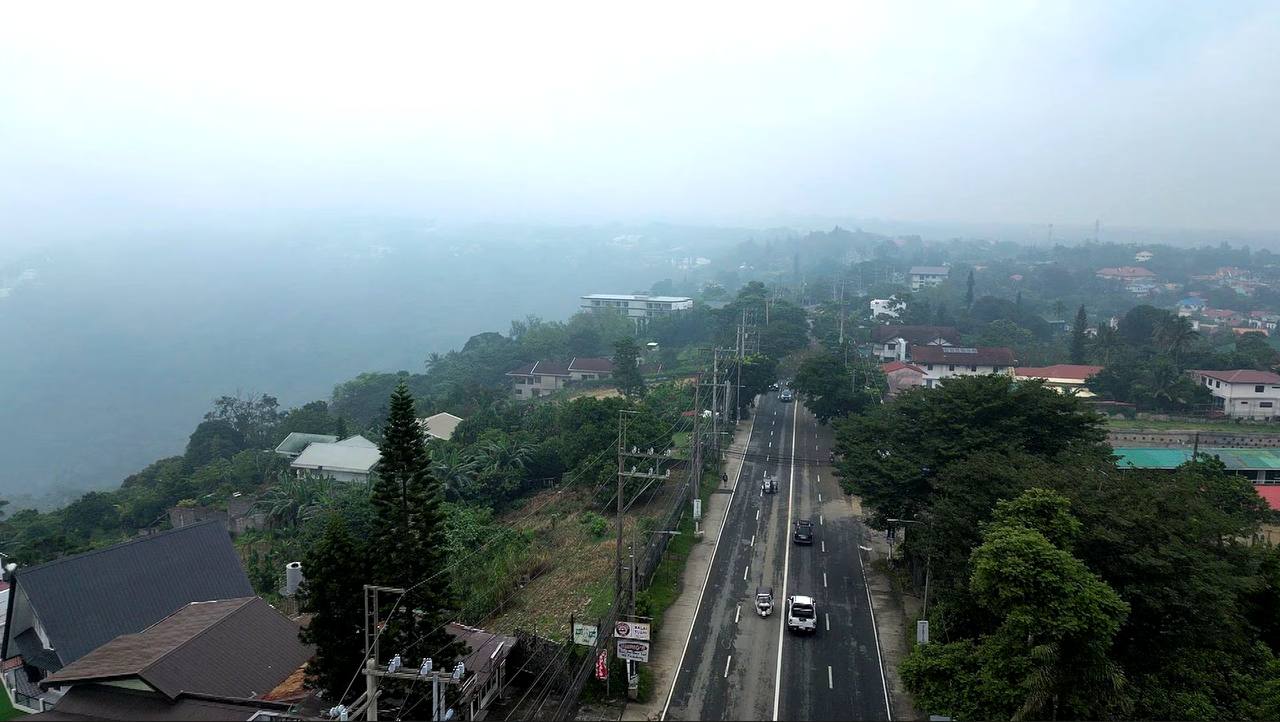A small yet active volcano, Taal, situated near the Philippine capital Manila, unleashed an above-average amount of sulfur dioxide and volcanic smog on September 22, raising concerns among authorities about public health and safety. This unexpected event led to the closure of schools in numerous cities and towns and prompted officials to advise residents to stay indoors.

The Philippine Institute of Volcanology and Seismology reported the emergence of hot volcanic fluids in Taal volcano's crater lake, resulting in the release of volcanic gases into the atmosphere. The emission of these gases, coupled with heavy pollution, cast a hazy shroud over buildings in the capital region.
The institute maintained the alert level at 1 on a five-level scale, signifying a "slight increase in volcanic earthquake and steam or gas activity." While this level does not indicate an imminent eruption, it highlights the potential hazards posed by volcanic emissions.

Taal volcano, located in the picturesque lake in Batangas province near Manila, stands as one of the most active among the 24 volcanoes in the Philippines. Local residents, such as Kennard Kaagbay, a tricycle driver in the province, have voiced concerns about the health impact of the volcanic smog.
"It's bad for me to inhale the air because I have asthma. Our passengers don't go out as well because of the (smog), so we don’t get many passengers recently," Kaagbay expressed.

In January 2020, Taal volcano erupted, spewing a column of ash and steam reaching as high as 15 kilometers (9.32 miles). This event forced over 100,000 people to evacuate and resulted in numerous flight cancellations due to heavy ashfall, extending as far as Manila.
Randy Dela Paz, the operations section chief of the civil defense's southern Manila office, reported an increase in respiratory illnesses in the province due to intoxication from the volcanic smog. Volcanic smog, often referred to as "vog," comprises fine droplets containing volcanic gases like sulfur, which can irritate the eyes, throat, and respiratory tract.

To safeguard public health, classes were suspended in several cities in the capital region, as well as in dozens of towns and cities across Cavite, Laguna, and Batangas provinces. The aviation authority also issued guidance to pilots, advising them to avoid flying in close proximity to the volcano's summit.
The Philippines is situated in the Pacific "Ring of Fire," a region known for its frequent volcanic activity and earthquakes. As authorities closely monitor the situation at Taal volcano, residents and travelers are urged to stay informed about developments and follow safety precautions to mitigate potential health risks.
Follow Daryo's official Instagram and Twitter pages to keep current on world news.
Comments (0)